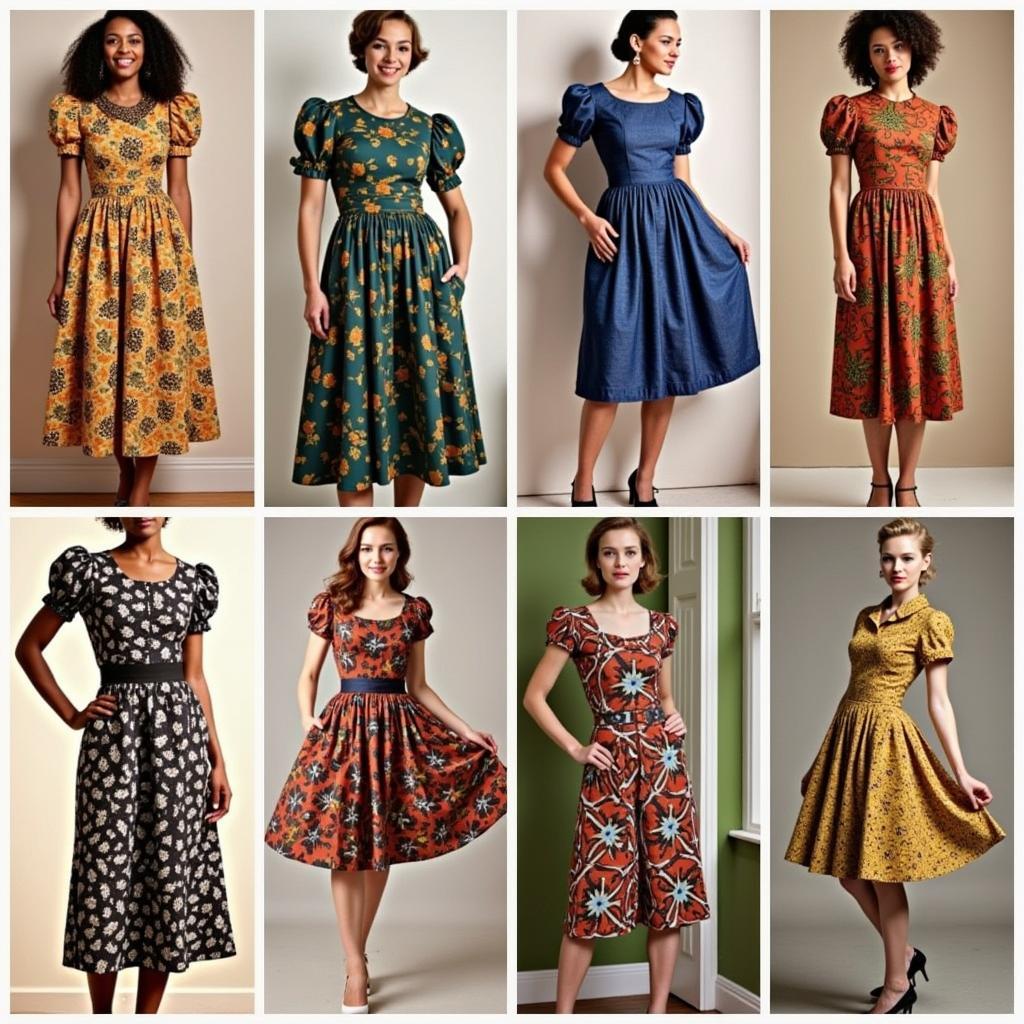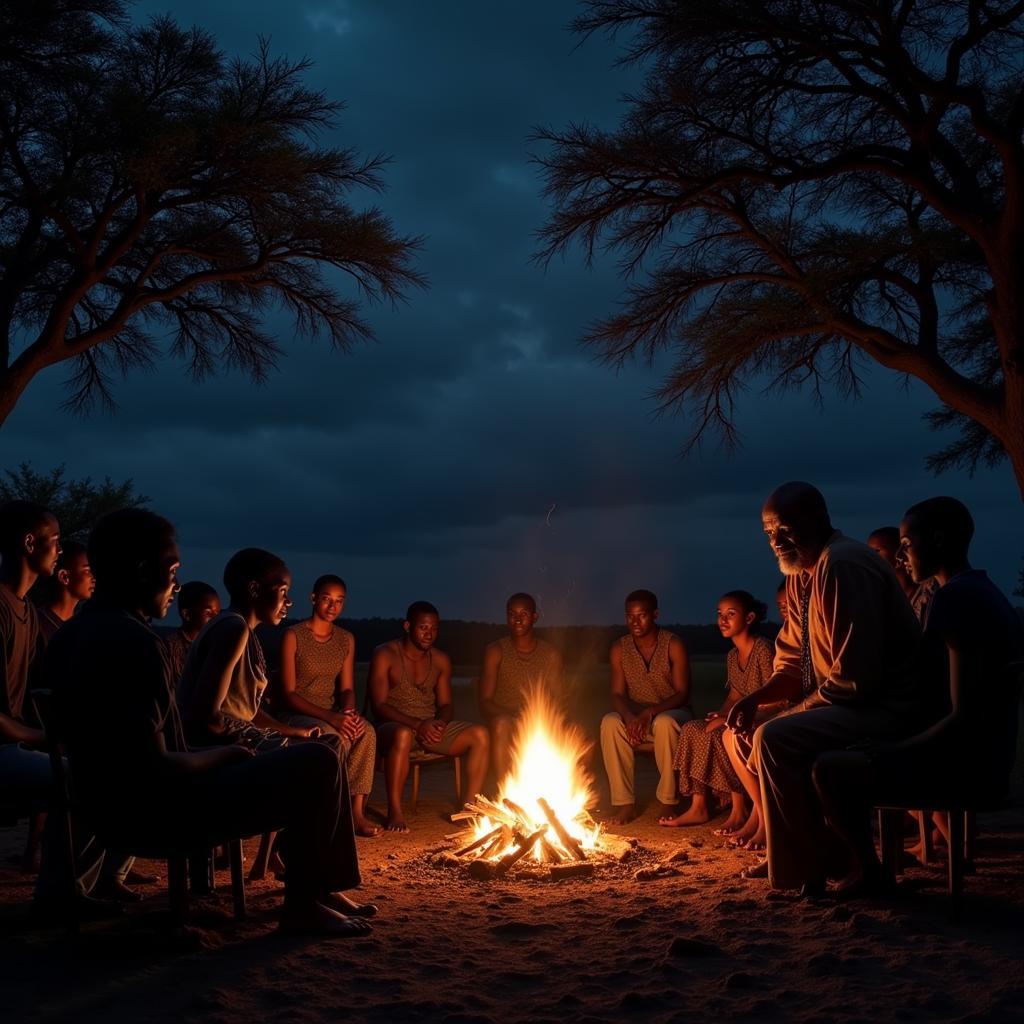5 Facts About African Music That Will Blow Your Mind
African music is a vibrant and diverse tapestry of sounds, rhythms, and traditions that have shaped the cultural landscape of the continent for centuries. From the pulsating beats of West African drumming to the haunting melodies of traditional Ethiopian music, Africa offers a rich sonic experience that continues to captivate and inspire audiences worldwide.
But beneath the surface of this musical richness lies a deeper story – one that intertwines with history, identity, and the very essence of African Life. If you’re looking to delve deeper into the fascinating world of African music, here are five facts that will expand your understanding and appreciation for this incredible art form:
1. Africa’s Music Is As Diverse As Its Landscapes
It’s often easy to think of “African music” as one monolithic entity, but the reality couldn’t be further from the truth. Just like the diverse landscapes that span the continent – from the arid deserts of the Sahara to the lush rainforests of the Congo – African music exhibits an equally diverse range of styles and sounds.
Think about it this way: Imagine a vast musical library, filled with countless shelves, each representing a different country or region. Each shelf is teeming with unique musical genres, instruments, and vocal techniques, reflecting the unique history, culture, and identity of the people who created them.
“Music is the universal language of humanity. In Africa, it’s more than just a language; it’s a reflection of our very souls.” – Dr. Abena Agyeman, Ghanaian Ethnomusicologist**
2. Instruments Tell Stories
While modern musical technology has made its way into African music scenes, traditional instruments continue to play a vital role in storytelling and preserving cultural heritage. Each instrument, from the intricate carvings of the kora to the booming resonance of the djembe, carries its own unique story and symbolism.
These instruments are not mere objects; they are living, breathing entities that connect generations and serve as tangible reminders of ancestral traditions. For example, the mbira, a thumb piano popular in Zimbabwe, is believed to be a sacred instrument that bridges the realms of the living and the ancestors.
3. Rhythm Is King
One of the most striking features of African music is its emphasis on rhythm. From the polyrhythmic patterns of drumming to the syncopated grooves of dance music, African music pulsates with a life force that invites listeners to move and feel.
This rhythm is not just about keeping time; it’s a way of expressing emotions, narrating stories, and connecting with the spiritual world. It’s no wonder that African music has influenced genres like jazz, funk, and hip hop, adding an undeniable groove and energy to these global music forms.
4. African Music Is A Powerful Force for Social Change
Throughout history, African music has been a powerful tool for social change and political expression. From the freedom songs of the anti-apartheid movement in South Africa to the protest music that arose during the struggles for independence across the continent, music has served as a voice for the voiceless and a platform for demanding justice and equality.
“Music has the power to unite people, to ignite passion, and to inspire change. It’s a weapon of peace, a tool for justice, and a beacon of hope.” – Mamadou Diouf, Senegalese Musician and Activist**
5. The Future of African Music Is Bright
The future of African music is a vibrant blend of tradition and innovation. While artists continue to honor the legacy of their ancestors, they are also pushing boundaries, experimenting with new sounds, and forging exciting collaborations with international musicians.
The rise of digital platforms has also created new opportunities for African musicians to share their music with the world, making their voices heard on a global stage. This fusion of traditional and contemporary influences is creating a new generation of artists who are redefining African music and shaping its future for generations to come.
FAQ:
1. What are some popular African musical genres?
African music encompasses a wide array of genres, including:
- Highlife (West Africa): A genre blending traditional African rhythms with Western instruments.
- Soukous (Central Africa): Fast-paced dance music characterized by guitar riffs and driving rhythms.
- Kizomba (Angola): A romantic genre with influences from Portuguese and Cuban music.
- Gnawa (Morocco): Traditional Sufi music with hypnotic rhythms and spiritual themes.
- Mbalax (Senegal): A popular genre with a strong emphasis on percussion and dance.
2. What are some of the most popular African instruments?
Some of the most iconic African instruments include:
- Kora (West Africa): A 21-string harp-lute known for its delicate melodies.
- Djembe (West Africa): A goblet-shaped drum used for a variety of rhythms and percussive styles.
- Mbira (Zimbabwe): A thumb piano that produces a unique, resonant sound.
- Ngombi (Cameroon): A stringed instrument similar to a zither, used for both melody and accompaniment.
- Sitar (India): While not strictly African, the sitar has been adopted by many African musicians and is considered an important part of the musical landscape.
3. Are there any African musicians I should listen to?
Absolutely! Here are just a few of the many talented artists making waves in the African music scene:
- Salif Keita (Mali): A legendary singer known for his unique vocals and blending of traditional and modern sounds.
- Angelique Kidjo (Benin): A Grammy-winning artist who has helped bring African music to a global audience.
- Fela Kuti (Nigeria): A pioneer of Afrobeat, a genre that combines traditional African rhythms with jazz, funk, and political commentary.
- Youssou N’Dour (Senegal): A globally renowned singer, songwriter, and musician who has blended traditional and contemporary music.
- Burna Boy (Nigeria): A rising star who has brought African music to the forefront of the global music scene.
4. How can I experience African music firsthand?
There are many ways to experience African music firsthand:
- Attend live concerts and festivals: Many African cities host vibrant music festivals featuring local and international artists.
- Visit cultural centers and museums: These institutions often feature exhibitions and performances dedicated to African music.
- Explore online platforms: Websites like YouTube, Spotify, and Apple Music offer a vast catalog of African music.
5. How can I support African musicians?
Supporting African music is easy and rewarding:
- Purchase music and merchandise directly from artists: Many African artists have their own websites or online stores.
- Attend their concerts and shows: Your presence and financial support will help artists continue to create and perform.
- Spread the word about their music: Share your favorite African musicians with friends and family.
From the ancient rhythms of the past to the innovative sounds of today, African music offers a rich and rewarding experience for music lovers of all backgrounds. As you explore this vibrant musical landscape, you’ll discover a world of unique sounds, stories, and traditions that will leave you wanting more.

